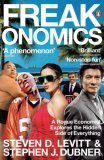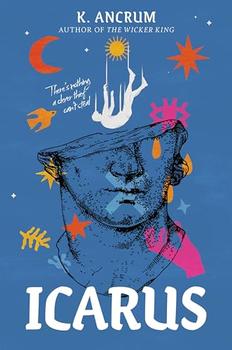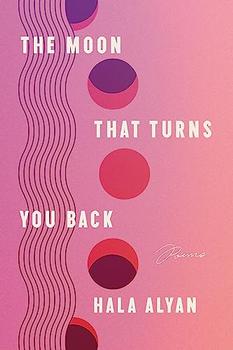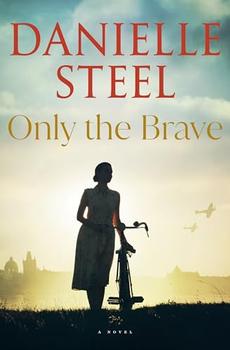Summary | Excerpt | Reading Guide | Reviews | Readalikes | Genres & Themes | Author Bio
A Rogue Economist Explores the Hidden Side of Everything

Critics' Opinion:
Readers' Opinion:
First Published:
Apr 2005, 256 pages
Paperback:
Apr 2006, 256 pages
This book, then, has been written from a very specific worldview, based
on a few fundamental ideas:
Incentives are the cornerstone of modern life. And understanding
them -- or, often, ferreting them out -- is the key to solving just about
any riddle, from violent crime to sports cheating to online dating.
The conventional wisdom is often wrong. Crime didn't keep
soaring in the 1990s, money alone doesn't win elections, and -- surprise --
drinking eight glasses of water a day has never actually been shown to do a
thing for your health. Conventional wisdom is often shoddily formed and
devilishly difficult to overturn, but it can be done.
Dramatic effects often have distant, even subtle, causes. The
answer to a given riddle is not always right in front of you. Norma McCorvey
had a far greater impact on crime than did the combined forces of gun
control, a strong economy, and innovative police strategies. So did, as we
shall see, a man named Oscar Danilo Blandon, aka the Johnny Appleseed of
Crack.
"Experts" -- from criminologists to real-estate agents -- use their
informational advantage to serve their own agenda. However, they can be
beat at their own game. And in the face of the Internet, their informational
advantage is shrinking every day -- as evidenced by, among other things, the
falling price of coffins and life-insurance premiums.
Knowing what to measure and how to measure it makes a complicated
world much less so. If you learn how to look at data in the right way,
you can explain riddles that otherwise might have seemed impossible. Because
there is nothing like the sheer power of numbers to scrub away layers of
confusion and contradiction.
So the aim of this book is to explore the hidden side of... everything.
This may occasionally be a frustrating exercise. It may sometimes feel as if
we are peering at the world through a straw or even staring into a funhouse
mirror; but the idea is to look at many different scenarios and examine them
in a way they have rarely been examined. In some regards, this is a strange
concept for a book. Most books put forth a single theme, crisply expressed
in a sentence or two, and then tell the entire story of that theme: the
history of salt; the fragility of democracy; the use and misuse of
punctuation. This book boasts no such unifying theme. We did consider, for
about six minutes, writing a book that would revolve around a single theme
-- the theory and practice of applied microeconomics, anyone? -- but opted
instead for a sort of treasure-hunt approach. Yes, this approach employs the
best analytical tools that economics can offer, but it also allows us to
follow whatever freakish curiosities may occur to us. Thus our invented
field of study: Freakonomics. The sort of stories told in this book are not
often covered in Econ. 101, but that may not be true forever. Since the
science of economics is primarily a set of tools, as opposed to a subject
matter, then no subject, however offbeat, should be beyond its reach.
It is worth remembering that Adam Smith, the founder of classical
economics, was first and foremost a philosopher. He strove to be a moralist
and, in doing so, became an economist. When he published The Theory of Moral
Sentiments in 1759, modern capitalism was just getting under way. Smith was
entranced by the sweeping changes wrought by this new force, but it wasn't
only the numbers that interested him. It was the human effect, the fact that
economic forces were vastly changing the way a person thought and behaved in
a given situation. What might lead one person to cheat or steal while
another didn't? How would one person's seemingly innocuous choice, good or
bad, affect a great number of people down the line? In Smith's era, cause
and effect had begun to wildly accelerate; incentives were magnified
tenfold. The gravity and shock of these changes were as overwhelming to the
citizens of his time as the gravity and shock of modern life seem to us
today.
The foregoing is excerpted from Freakonomics by Steven D. Levitt and Stephen J. Dubner. All rights reserved. No part of this book may be used or reproduced without written permission from HarperCollins Publishers, 10 East 53rd Street, New York, NY 10022





Only the Brave by Danielle Steel
A powerful, sweeping historical novel about a courageous woman in World War II Germany.
Your guide toexceptional books
BookBrowse seeks out and recommends the best in contemporary fiction and nonfiction—books that not only engage and entertain but also deepen our understanding of ourselves and the world around us.